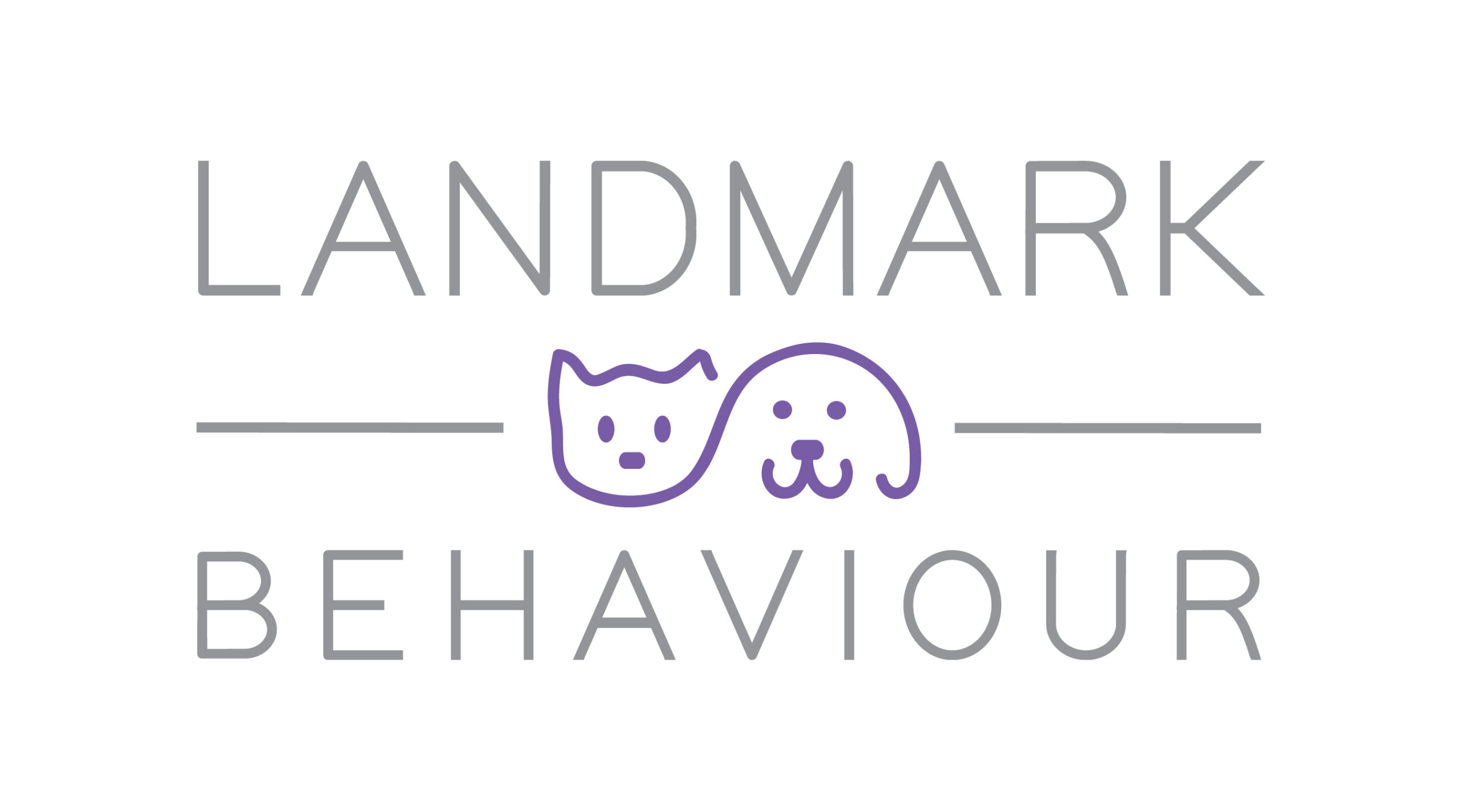Are you thinking about adding a new member to your family? A furry friend who will bring joy and companionship to your life? Choosing the right pet for your household is a big decision that requires careful consideration. After all, you want to ensure that the new addition to your household fits seamlessly into your lifestyle and environment.
This article will provide a comprehensive guide to help you make the right choice for your family.
Understanding Your Household Environment
When bringing a new pet into your home, several important factors must be considered. By thoroughly evaluating your household environment, you can ensure that you and your future furry friend will have a harmonious living situation.
Evaluating Space and Accommodation
First and foremost, assessing the space available in your home is crucial. Different pets have different accommodation needs. Dogs, for instance, require ample space to roam and play, while cats are generally more adaptable to smaller living spaces.
However, it's important to note that even cats benefit from having vertical spaces, such as cat trees or shelves, to climb and explore.
Research the specific space requirements of the pet you are considering and determine if your home can provide a suitable environment. Consider whether you have enough room for a pet bed, litter box, or other necessary accessories. Creating a comfortable and spacious living area for your pet will contribute to their well-being and happiness.
It's also important to know, especially with smaller pets such as guinea pigs, rabbits, and other rodents, that the typical cages available in pet stores are often too small for the actual requirements for that pet. Having an optimal environment for them requires more room than you might expect, so considerations should be made for where they will spend their time.
Considering Allergies and Health Concerns
Another crucial factor to consider when choosing a pet is allergies. Some family members may be allergic to certain types of animals or their fur. Identifying any allergies within your household and choosing a pet that won't trigger allergic reactions are essential. This may involve researching hypoallergenic breeds or considering alternative pets, such as reptiles or fish, that are less likely to cause allergies. For some, it can even be helpful to spend a bit of time with that species or breed before adopting to make sure that there are no concerns.
If any family members have health concerns or a compromised immune system, it's also important to take that into consideration. In that case, consulting with a healthcare professional to determine if the pets are safe is essential. Some pets, such as birds, can carry bacteria or allergens that may pose a risk to individuals with weakened immune systems.
Assessing Noise Levels and Tolerance
The noise level in your household is another aspect to consider. Dogs, for example, tend to be more vocal and energetic, while cats are generally quieter. Consider your tolerance for noise and whether your household can accommodate a pet that may be noisy at times.
If you live in an apartment with thin walls, you may need to opt for a quieter pet or explore ways to minimize noise disruptions. For instance, training your dog to bark less or providing your cat with interactive toys to keep them occupied can help reduce noise levels. Additionally, considering soundproofing options, such as curtains or acoustic panels, can help create a more peaceful living environment for you and your pet.
Noises outside your household can also impact your pet. Dogs, cats, birds, and other pets that may be anxious and could be bothered by the noises of neighbours, traffic, or other sounds. Taking this into consideration when picking your new pet is important.
You can make an informed decision when choosing a pet by thoroughly evaluating your household environment and considering factors such as space, allergies, and noise levels. Remember, a happy and healthy pet is well-suited to its living environment and can thrive alongside its human companions.
Analyzing Your Lifestyle when choosing The Right pet for your household
Choosing a pet is an exciting decision, but it's crucial to consider various factors to ensure a successful and fulfilling relationship. One of the most important considerations is the time and commitment required to care for a pet.
For example, dogs are known for their high energy levels and need regular exercise, attention, training, and possible grooming. If your family leads a busy and hectic lifestyle, providing the necessary time and care for a high-maintenance pet like a dog may be more challenging. However, a dog can be an excellent companion if you have a flexible schedule or are willing to adjust to accommodate a pet's needs.
On the other hand, if your family prefers quieter activities or has limited availability, a low-energy pet like a cat or rabbit may be a better fit. These pets still require care and attention, but their exercise needs are less demanding. Cats, for instance, are independent creatures that can entertain themselves for hours, while rabbits enjoy hopping around and exploring their surroundings.
When considering a pet's activity levels and exercise needs, it's essential to assess your family's lifestyle. Are you an active family that loves outdoor adventures? If so, a dog that can accompany you on hikes or runs may be the perfect fit. However, if your family prefers quieter activities like reading or watching movies, a low-energy pet that enjoys cuddling on the couch may be more suitable.
Another crucial aspect to consider is the financial commitment of owning a pet. Pets require regular veterinary care, food, grooming supplies, and other necessities. The size of the pet can also impact the expenses involved. Larger pets, like dogs, may incur higher food and medical care costs than smaller pets, like rodents or birds.
Assessing your budget and ensuring that you can provide for the needs of a pet without compromising your financial stability is essential. It's important to remember that pet ownership is a long-term commitment that involves ongoing expenses. However, the joy and companionship a pet brings to your life often outweigh the financial considerations. There are many different online cost calculators for pets available online if you want to get a general idea of costs before deciding on a pet.
Finally, you may also want to consider the life expectancy of your pet. Even within a species, such as dogs, there can be a large range in the typical life expectancy. In general, dogs typically have an expectancy of 11-13 years of age. However, some breeds could be shorter or longer. Other pets, such as parrots, often live to over 50 years. This is an important consideration when deciding what is appropriate for your household.
By carefully considering your lifestyle, activity levels, and financial situation, you can make an informed decision when choosing a pet. Remember, a pet is not just a temporary addition to your family but a lifelong companion, so choose wisely and enjoy the journey of pet ownership!

Considering Existing Pets
Compatibility Between Different Pet Species
If you already have pets, it's crucial to consider their compatibility with a new addition. Some pets may not get along well with others. Research and consult with professionals to determine which pet species can peacefully coexist. Additionally, consider the temperament and characteristics of your existing pets to ensure a harmonious environment for all.
For example, if you have a dog and are considering getting a cat, it's important to assess whether your dog has a high prey drive, or likes to chase small animals. However, with proper training and socialization, many dogs can learn to coexist peacefully with cats. It's essential to introduce them gradually and provide a safe space for the cat to retreat to if needed.
Similarly, introducing a new cat or dog into the household requires careful consideration if you have birds or small rodents as pets. Cats and dogs have a natural hunting instinct, which could threaten smaller animals. It's crucial to provide secure enclosures or separate living spaces to ensure the safety of all pets.
Introducing a New Pet to the Household
When introducing a new pet to your household, following a careful and gradual process is essential. Abruptly introducing a new pet can cause stress and anxiety for all involved. Research proper introduction techniques, such as controlled and supervised meetings, to ensure a smooth transition. You may want to seek guidance from experts, such as animal behaviorists, to facilitate a successful integration.
For instance, experts recommend introducing a new dog to your existing dog in neutral territory like a park or a friend's backyard.. They can interact in a controlled and supervised environment, observing their body language and behavior. Gradually increase the duration and frequency of their meetings while ensuring positive experiences for both dogs.
Introducing a new pet to a household with children also requires careful consideration. It's important to teach children how to interact with the new pet safely and respectfully. Supervision is crucial, especially during the initial stages of introduction, to prevent any accidental harm to the pet or the child.
Managing Multiple Pets
If you already have multiple pets, managing their dynamics is crucial. Each pet should have their individual needs met and receive equal attention and care. Ensure you have the time, resources, and capacity to handle multiple pets effectively. Considerations like feeding arrangements, exercise routines, and sleeping areas should be considered to create a balanced and comfortable environment for all pets.
Regarding feeding arrangements, it's essential to monitor each pet's dietary needs and ensure they receive appropriate portions. Some pets may require specialized diets due to health conditions or allergies. Separate or timed feeding areas can help prevent conflicts and ensure that each pet gets the nutrition they need.
Exercise is essential for the physical and mental well-being of pets. Scheduling regular playtime and walks for each pet can help maintain a harmonious environment.
Creating separate sleeping areas for each pet can also help prevent conflicts, especially if they have different sleep patterns or preferences. Providing cozy beds or designated sleeping spots for each pet can ensure they have a comfortable and peaceful resting place.

Exploring Different Types of Pets
Domesticated Pets: Dogs, Cats, and Rabbits
Regarding domesticated pets, dogs, cats, and rabbits are popular choices. Dogs are known for their loyalty and companionship but require significant time and effort. Cats are more independent, making them suitable for busy households, while rabbits are friendly and can be litter-trained. Research each type of pet's specific needs, temperaments, and lifespan to find the perfect match for your home.
Exotic Pets: Birds, Reptiles, and Fish
If you're looking for something more unique, exotic pets like birds, reptiles, and fish offer an alternative option. Parrots and canaries can be trained to interact and bond with their owners. Reptiles, like geckos or turtles, require specific habitats and care, while fish offer a calming presence and low maintenance. Consider the specialized knowledge and resources needed for exotic pets before deciding.
Small Pets: Hamsters, Guinea Pigs, and Mice
Small pets like hamsters, guinea pigs, and mice are ideal for those with limited space or specific preferences (however they all need a significant area in order to meet their needs). These pets are generally lower maintenance and can provide gentle companionship. It's important to note that small pets have unique care requirements, including proper bedding, feeding, and handling. Educate yourself about small pets' specific needs and behaviors to ensure their well-being.
Offer guidance on selecting a new pet, considering factors like household environment, other pets, and lifestyle.
Choosing the right pet for your household is an exciting journey that requires careful consideration. You can make an informed decision by evaluating your household environment, analyzing your lifestyle, and considering existing pets.
Taking the time to make the right choice when choosing a new pet for your household will ensure a harmonious and fulfilling relationship, bringing joy and happiness to your household.



